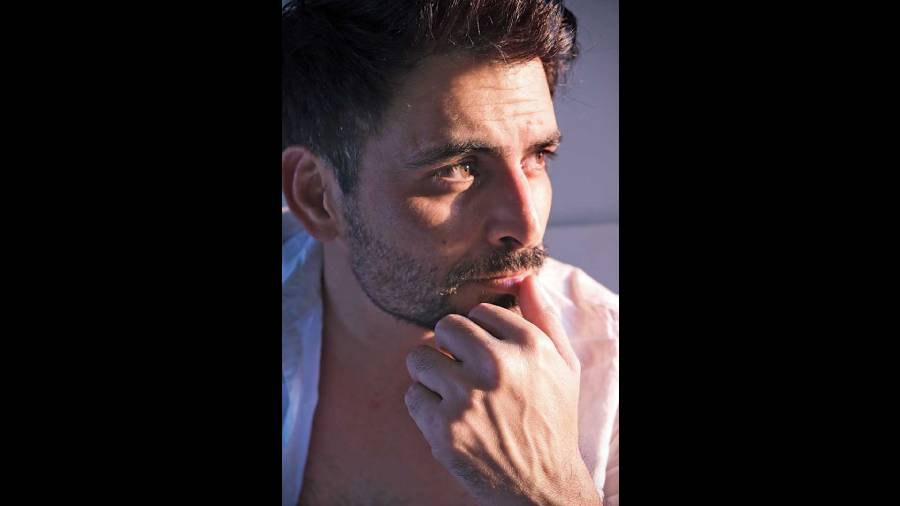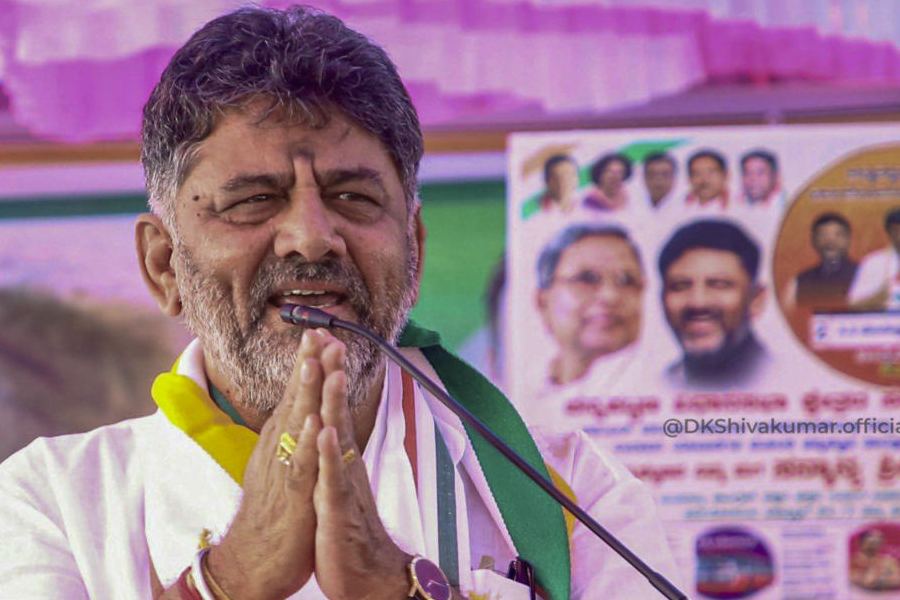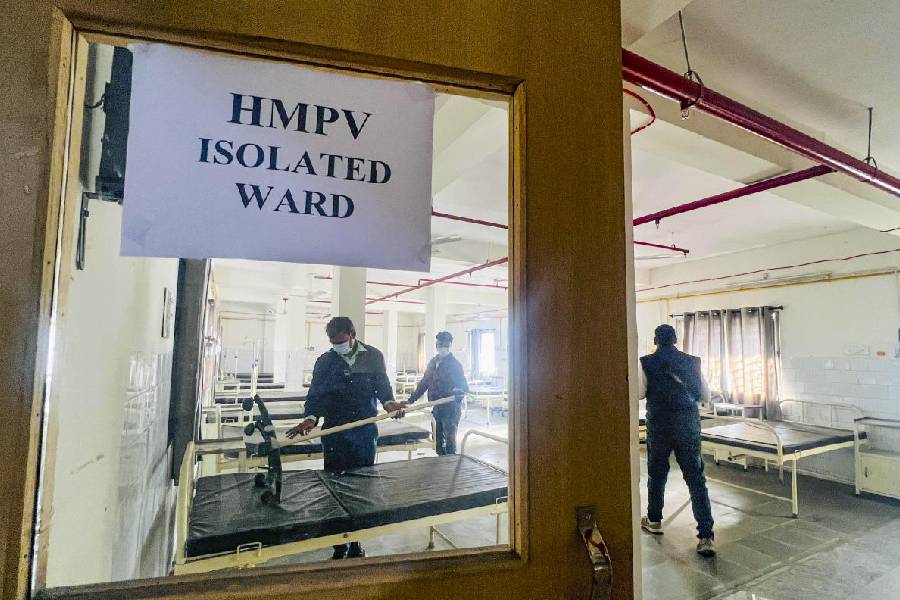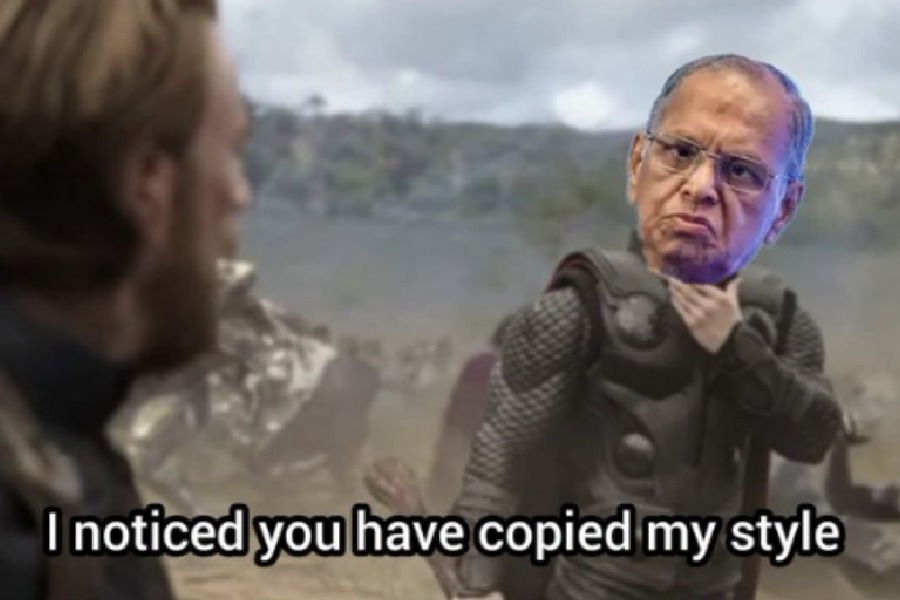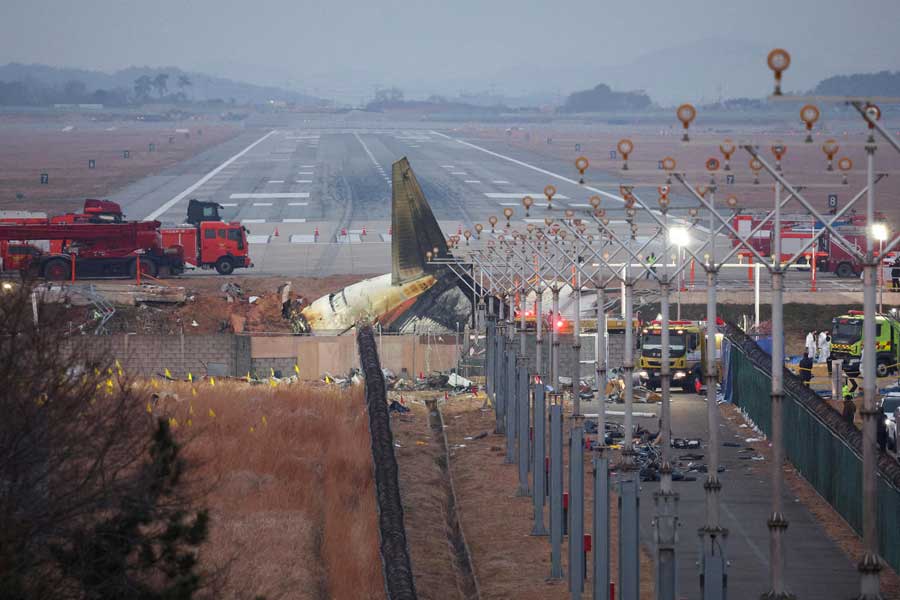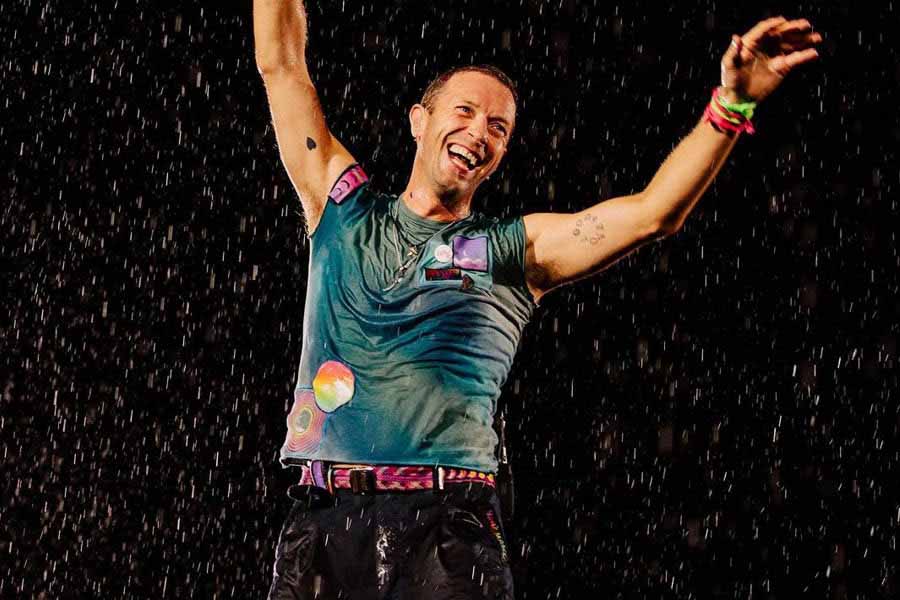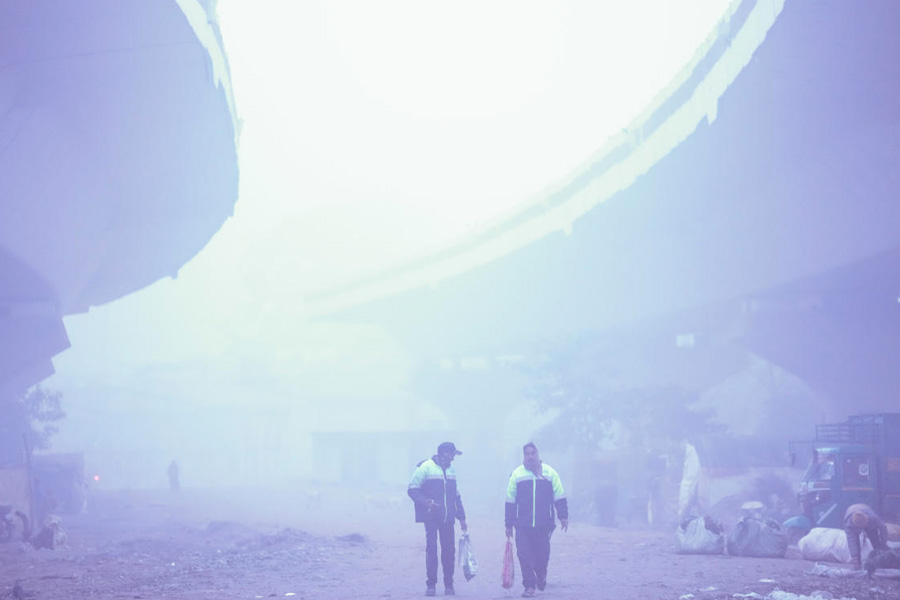With the pandemic realigning the priorities of life, a chat with actor, director and author Manav Kaul further reinforces that. “If you just stop doing what you don’t want to do, you will have a lot of time in your life,” he tells us when we catch up with him over a Zoom call to chat about his directorial venture Tathagat that is now streaming on MUBI. Excerpts.
What kind of response have you got for Tathagat?
Actually, I am very surprised. These are the films you make for your own entertainment or just an experiment... suddenly people are watching it and reacting very positively and the entire team is very happy.
Tell us about the journey of Tathagat...
The dictionary meaning of tathagat is jo jaisa aaya tha woh waisa hi chala gaya. There are some words always at the back of your mind which you really like. ‘Tathagat’ was one such word. The film is about the loneliness of a person who happens to be a saint or a sadhu in the mountains. So, I really wanted to make a film about loneliness, when you choose your own loneliness. That was the experiment I did.
This has been with you for how long?
I like the word ‘loneliness’. I like this idea about loneliness and have read so much literature about loneliness. Every art is eventually a lonely profession.
This was in my head for many years and we went to the mountains and shot it. We shot it long back but because of the lockdown we couldn’t finish it properly. I was not happy with the edit. And these kinds of films take so much time to edit and make sure it works because it is kind of poetry, loneliness and you are going inside someone’s brain. So, we finished it when the lockdown ended.
Yours has been a long career. How have you dealt with loneliness? You have seen highs and lows...
When you are young you always tend to run away... but I find I am mostly lonely when I am with people. I don’t feel lonely when I am alone. It was very strange for me and I wanted to address that and eventually I realised that I enjoyed my writing and travelling, reading or random things.... I also love nothingness most of the time. I have made peace with it and I understand this now and feel very comfortable when I am doing nothing. At this age I understand whether I make a film or release a film or act in 10 films or one film or write 10 books or one. The bottom line is that I really want to entertain myself.
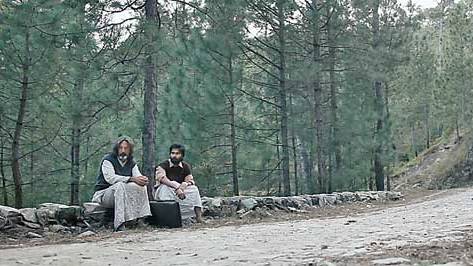
A still from Tathagat
Being alone and lonely are very different. We love solitariness at times, but being lonely is different. When have you felt the most lonely?
On long travels, you do get those bouts for one or two days. At the same time since I have been living alone, I understand how to deal with it. Back in 2012-13, now I know in retrospect, that I was depressed. I was going through so much, but thank god, I was working, writing, directing plays. And those things have saved me. As long as you do things that you love and it sucks you in, that is the best treatment.
You have become a household name in the last four-five years. How have you dealt with fame?
I wish theatre was more popular. I would have been a household name long back (laughs). Unfortunately, in our country nobody gives a shit about theatre... because I started acting in films, people know me now. Now they know that I do theatre and write books, but it’s okay. Right now in my house I am alone and I am nobody.
You have a charming personality and you have so many female fans who keep a tab on what you post. Tell us what a day in your life is like...
I love to see my fan and my walls! I make chai all the time and listen to music. It’s a random life. I have no idea what is happening tomorrow. I have no idea what I am going to do next. I love this life. The moment I know, it gets boring... because of social media, you get to see certain parts of someone’s life but it’s a nice life I am living. I am very happy. (Laughs)
How to be this chill?
If you just stop doing what you don’t want to do, you will have a lot of time in your life and you will end up doing whatever you want to do better.
You are a thinking man. What were your foundational years like, which have shaped you into the man you are today?
I was a backbencher and used to hate studying. I never used to like anyone forcing me to do something. I discovered literature very late in my life.... When I started doing theatre and because of the certain writers I have read and the travels I have done because of writing, those were things I started cherishing more and more rather than achieving success or the attention of people. I take travel very seriously rather than anything else in my life.
When I was 16, I read Chitralekha, Bhagwati Charan Verma’s novel, which affected me a lot. Then Chandrakanta by Devaki Nandan Khatri. When I was in Bombay, I read (Fyodor) Dostoevsky’s Crime and Punishment. That has changed me a lot. Then it was a lot of (J. M.) Coetzee, (Albert) Camus, (Jean-Paul) Sartre, (Franz) Kafka, Nirmal Verma, Vinod Kumar Shukla. It just suddenly started opening up the horizon and I realised this is the world I like.
Anything Bengali?
In my early years, I did a play called Kapalkundala. We read most of Bankim Chandra’s (Chattopadhyay) work. Recently I directed a play on (Rabindranath) Tagore and Victoria Ocampo’s relationship (Colour Blind), in 2014. That was a huge revelation.
Tagore was an absolute philosopher and poet. The moment you understand this, you understand all of his work. The presence of love and death in his writing merges into each other beautifully.
When do you prefer writing?
I think I am a morning person. I get up at 5.30-6 every day and it’s been a habit. That’s why I say I am a boring person! I sleep by 10.30-11pm. In Bombay if you do that... that’s why I am single also! (Laughs out loud) I love my mornings and everywhere I travel, I love the city in the morning. It’s all empty and is almost like a play... you see the entire city opening up in front of you with life. It’s beautiful.
We loved Ajeeb Daastaans and the last scene of Ankahi was terrific. That stays with you... the betrayal and the hurt. Vidya Balan and you in Tumhari Sulu was magic. And now you have Finding Anamika with Madhuri Dixit. Tell us about working with these powerhouses...
I have been so lucky. Pure is the word that goes with Shefali Shah, Vidya Balan and Madhuri Dixit. You don’t need to act in front of them. You just have to stand and react.
I didn’t even know what I was going to do in the last scene (of Ankahi). I was standing there and the way she was looking at me and I was just crying. With Vidya Balan, it is fun to even spend a little chai time. We are still planning to do something together. Madhuri Dixit is a legend. You have seen her all your life... initially, I was just looking at her, mesmerised... oh god... she is so good....
Have you had the chance to travel in the last two years?
I wrote my first novel (Antima) in the lockdown. Then I was in Landour for a month and then I went to Kashmir for a month.
What are you reading now and writing?
I am reading Sally Rooney... Conversations with Friends. She is amazing. I am writing a travelogue on Kashmir.

